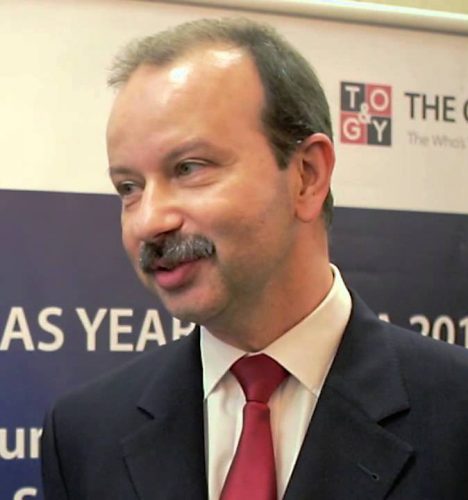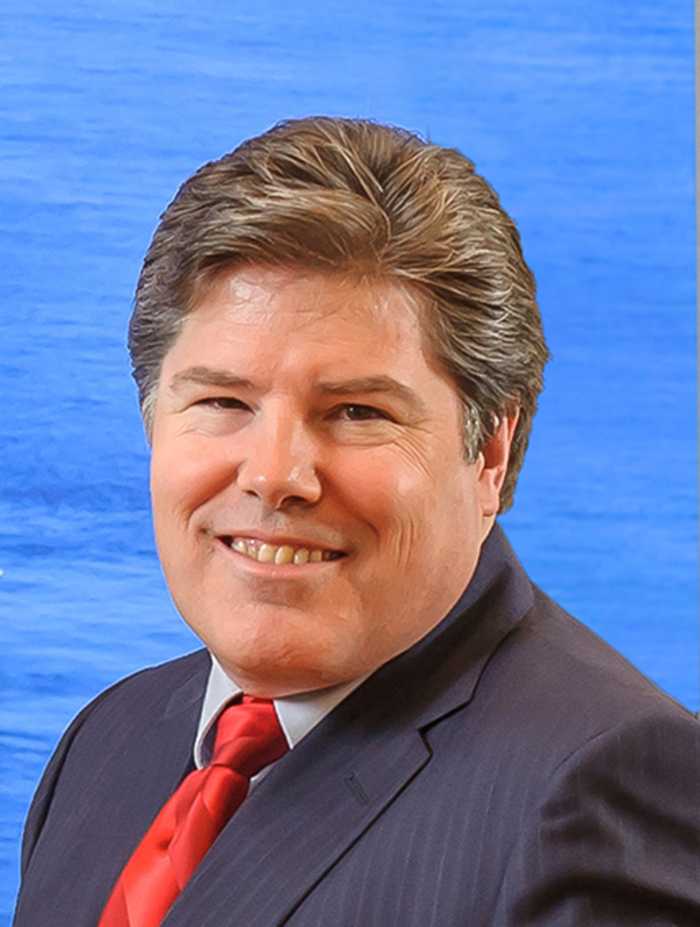There will be a continuing global demand for oil at least for the next 20 years and exploration in the Guyana-Suriname and other developing basins will be essential to meeting the supply gap this demand is likely to create.
“Oil and Gas will stay relevant through 2040. Despite what you hear about the demise of the Oil and Gas Industry we are going to play a very important role as the renewables take the growth around the world we still have to maintain what I would call the base energy demand otherwise we will have a significant supply gap,” Vice President of Hess Corporation, Tim Chisholm told a roundtable discussion on the Exploration, Production and Transition of the Basin.

Speaking on Wednesday to those gathered at the Offshore Technology Conference in Houston, Texas, USA, Chisholm explained that modelling from the International Energy Agency shows that even when warming is kept below the two degree level in the Paris Agreement, Fossil Fuels make up 50% of the energy mix. Consequently he argued that underinvestment in oil and gas would create a significant challenge in meeting the global energy demand.
He further argues that meeting this demand from existing fields would be a more expensive and high carbon approach so a significant volume about 10 to 12 billion barrels a year have to be found to meet the supply gap.
According to Chisholm the Guyana-Suriname basin is a globally significant emerging province with significant resource size, project leading break evens and low carbon barrels also called “advantage barrels”
“This is quite an important neighbourhood,” he excitedly declared, adding that 10 rigs could be active in the area by next year.
So far approximately nine billion barrels of oil have been found in Guyana while about two billion has been found in Suriname. A total of 15 companies are actively operating in the basin.
Jean-Michel Lavergne of French oil major, Total E&P Americas reiterated Chisholm’s position while explaining that oil and gas remains synonymous with wealth and populations whose countries have oil and gas expect wealth.
Climate change he stressed should not be incompatible with energy since energy remains the fuel of development.
He added that broad and sustainable economic development and safe and secure oil and gas development is dependent on the partnership that can be developed between government, local authorities and the oil and gas companies.
“This requires dialogue and mutual trust…there is no one size fits all and it is only through dialogue that there can be mutual understanding,” Lavergne stressed.
He stated that oil and gas can be produced in a responsible manner by reducing emissions
through the design of operations including the exclusion of flaring. The watchwords he advised must be more energy, less carbon.
The Guyana-Suriname basin remains a prize because it can fulfil this criteria.
“We are a simple industry, we see a prize, we go for it. The two main ingredients of the prize we are after is geology and competitive terms. The terms are competitive in Guyana and Suriname and we have two governments which have pledged the stability of these terms over the long term because we remain a long term industry because we invest for the next 20 or more years. We need to ensure that the terms prevailing at the time of the investment decision stay the same,” Lavergne concluded.
A team headed by Vice President Bharrat Jagdeo represented Guyana at the conference.





